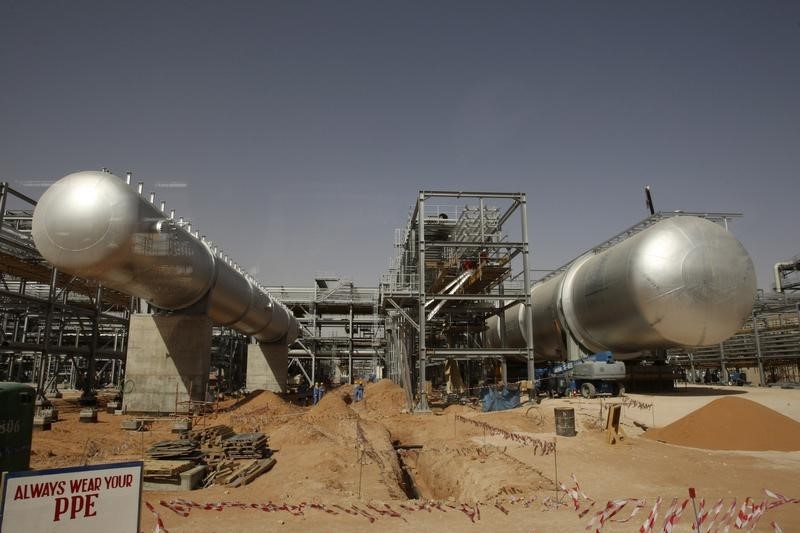Investing.com – Crude futures settled lower on Monday, despite Saudi Energy Minister Khalid Al-Falih downplaying the impact of rising output from Libya, Nigeria and the United States, insisting that the oil market is expected to balance in the fourth quarter.
On the New York Mercantile Exchange crude futures for August delivery fell 1.2% to settle at $44.20 a barrel, while on London's Intercontinental Exchange, Brent lost 0.82% to trade at $46.98 a barrel.
Saudi Energy Minister Khalid al-Falih set out to reassure market participants that rising output from U.S. shale, Nigeria and Libya would not derail Opec’s plan to reduce crude output, and insisted that the oil market would rebalance soon.
“The forecasts that the oil market will re-balance in the fourth quarter have taken into consideration the rise in shale oil production,” he said. The rise in crude output from Libya and Nigeria is posing no threat as “the level of increase from these two countries is still within the limits set by the Algeria agreement of 500,000 barrels a day,” he told the Saudi-owned daily.
The Saudi Energy minister’s comments came ahead of data on Monday showing Libya's oil production has risen by over 50,000 bpd to 885,000 bpd after the state oil firm settled a dispute with Germany's Wintershal.
Rising output from Libya and Nigeria has weighed on Opec’s pact to reduce production, as both nations are exempt from making production cuts.
Last week, Opec revealed that output from the group rose by 336,000 barrels per day in May to 32.14m barrels per day.
In recent weeks, analysts have slashed their forecasts for oil prices on the back of growing concerns that Opec and its allies’ efforts may not stem the glut in supply, which has pressured prices for nearly three years.
JP Morgan scaled back its 2018 WTI forecast by $11—from $53.50 to $42. The price projection for Brent was also slashed, by $10, from $55.50 to $45.
